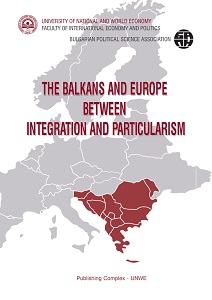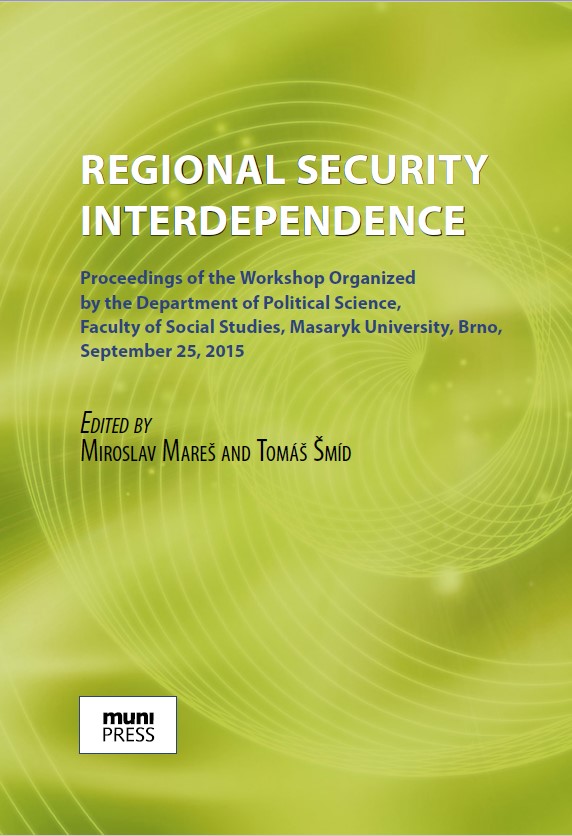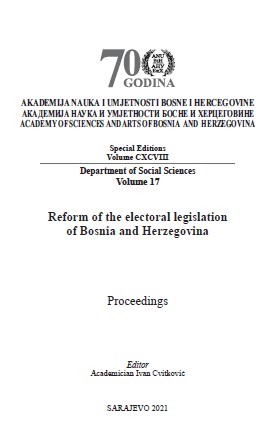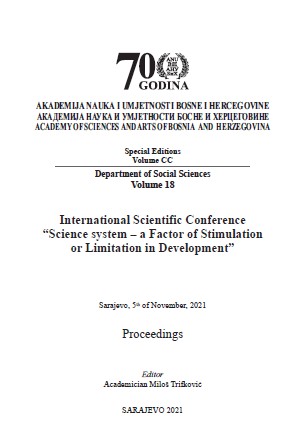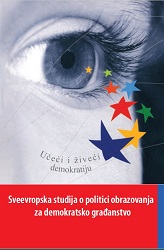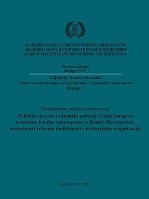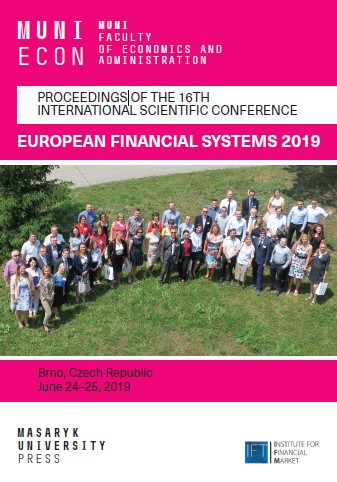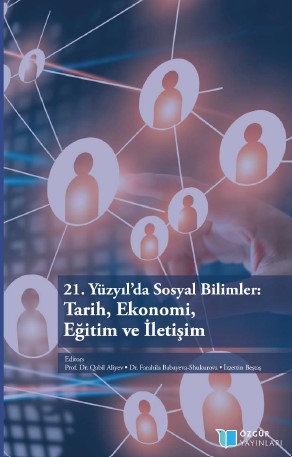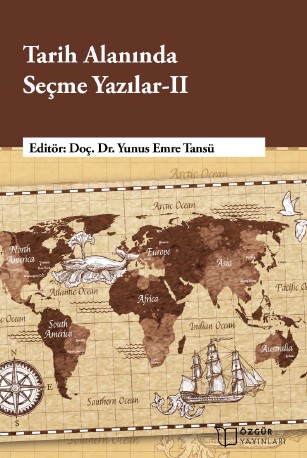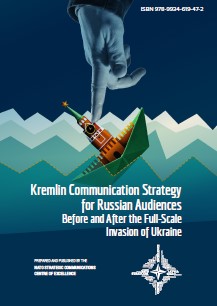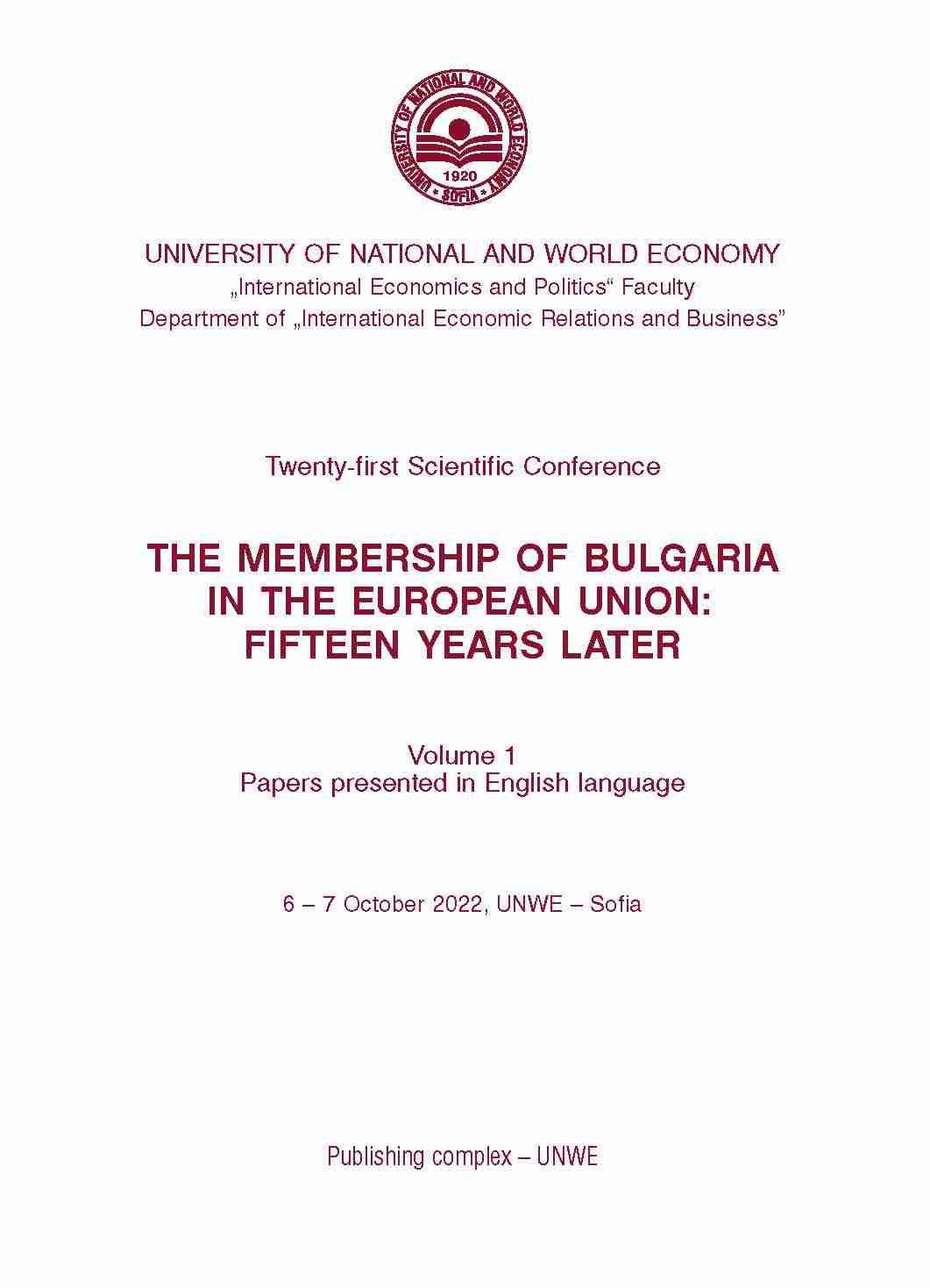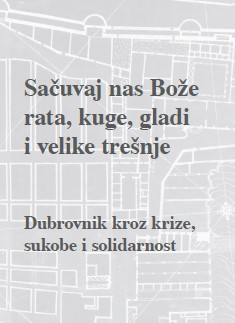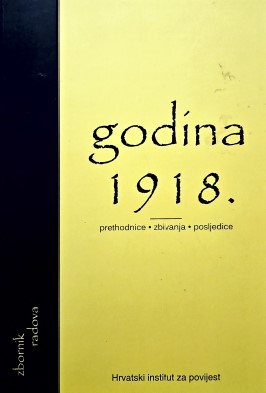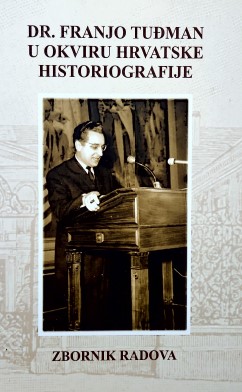Author(s): Nikola Samardžić / Language(s): Serbian
Publication Year: 0
The Morean war between Venice and the Ottoman Empire took place along the historic margins of the Great Vienna War (1683-1699). The echoes from the central battlefields were highly important in the Dubrovnik Republic’s struggle for future autonomy, sometimes even survival. From that local perspective, the Morean war was a challenging repetition of the previous Candian (Cretan) war. Neighboring conflicts particularly directed the Dubrovnik Republic to pursue more active relations with the hinterland, as Venetian interests and influence were spreading in Boka Kotorska and Herzegovina, and in the north all the way to the mouth of the Neretva river (Klek). The Venetian Republic sought to become a single neighboring geopolitical entity that would encircle Dubrovnik, instead of the Ottoman Empire, and take control over Dubrovnik’s economy and its connections with the depths of the Balkans and the Danube region. During the war, Dubrovnik was forced to adapt rapidly to changes in the hinterland. New aspects of mutual cooperation, solidarity or hostility had been established. Tradesmen, spies and field informants had submitted reports that allowed the government to provide precise insights into every important detail from Herzegovina, Montenegro and Boka, from Mostar, Sarajevo and business centers in the depths of the hinterland, about the movements of regular troops and banditism, moods and misunderstandings of local Turkish and Venetian authorities, road safety, natural disasters and epidemiological conditions. The Dubrovnik territory, its subjects and its trade were also threatened from the sea. Regardless of the differences in interests and an unclear position in relations between the Holy League and Turkey, Dubrovnik urged Venice to respect the needs and principles of free trade. The Candian and Morean wars took place within the context of small, sometimes isolated conflicts, which, in a complex historical rift, determined the drama of everyday life. Ottoman conquests of the eastern Mediterranean at the expense of Venice, shook the entire cross-border zone in the Adriatic hinterland. The long duration of the border conflict left deep scars on the local communities, triggered migration, required adaptation, shaped living conditions, the economy and mentalities. Uncertainties, shortages, and struggle for survival were the basic forms of life along the borders. The Candian and Morean wars were conducted in a series of mostly particular individual events, with small numbers of participants, and these incidents are easier to list than to be considered in a clear continuity, but the Dubrovnik hinterland experienced every conflict in a sense of an important, sometimes fatal, often traumatic incident. The Morean war was also a long-term struggle for the survival of Dubrovnik and its liberties. Everyday reports from the hinterland had become equally important to those who were coming from the prestigious capitals as Istanbul, Vienna, Venice or Rome.
More...
